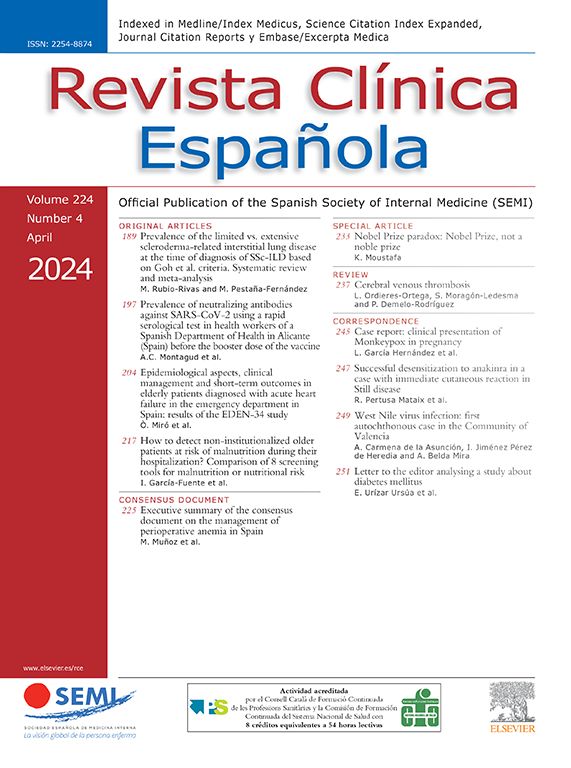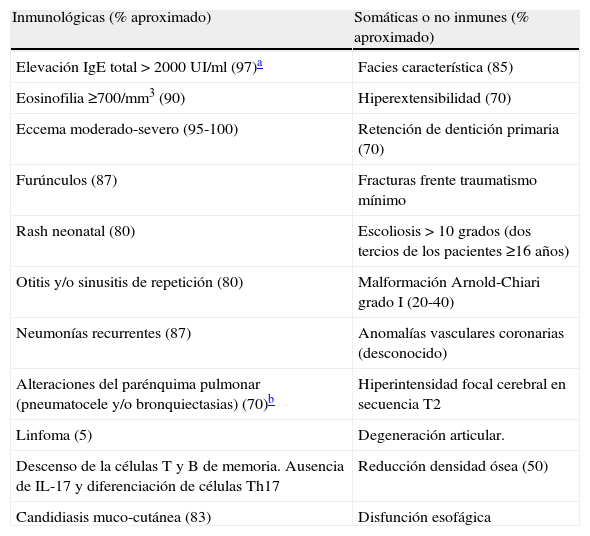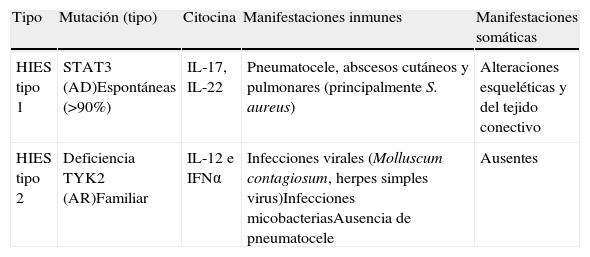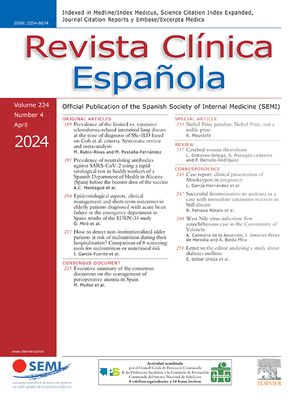El síndrome de la hipergammaglobulinemia IgE con infecciones recurrentes es una inmunodeficiencia primaria poco frecuente, que se caracteriza por niveles elevados de IgE, dermatitis eccematoide, infecciones recurrentes de piel y pulmón por Staphylococcus aureus, y formación de abscesos con escasos signos inflamatorios. También produce alteraciones dentarias, esqueléticas y del tejido conjuntivo. La forma clásica (tipo 1) está causada por mutaciones dominantes del gen de la proteína transductora de señal y activadora de la transcripción 3. Se ha descrito una forma incompleta (tipo 2) solo con las manifestaciones de la inmunodeficiencia, pero sin manifestaciones mesenquimales. Esta forma incompleta se debe a la mutación recesiva del gen de la tirosin-cinasa 2. Ambas mutaciones condicionan un déficit en la generación de células Th17 a partir de células T CD4+. Estos avances en el conocimiento genético e inmunológico del síndrome de hipergammaglobulinemia IgE han permitido la mejor comprensión de los fenómenos clínicos de la enfermedad.
Hyper-IgE recurrent infection syndrome is an uncommon primary immunodeficiency characterized by high serum levels of total IgE, eczema-like dermatitis, recurrent skin abscesses and staphylococci pneumonias, which can produce abscesses with mild inflammatory signs. It also causes dental, musculoskeletal and connective tissue abnormalities. The classical (type 1) variation is caused by autosomal-dominant mutations in signal transducer and activator of transcription 3. An incomplete form (type 2) has been described with only the immunological manifestations, but without the mesenchymal manifestations, has been described. This incomplete form is caused by recessive mutations in the tyrosine kinase 2 gene. Both kinds of mutations produce deficient formation of Th17-cells. These advances in the genetic and immunologic knowledge of hyper-IgE recurrent infection syndrome have allowed a better clinical comprehension of the clinical phenomena of the disease.
Article
Diríjase desde aquí a la web de la >>>FESEMI<<< e inicie sesión mediante el formulario que se encuentra en la barra superior, pulsando sobre el candado.

Una vez autentificado, en la misma web de FESEMI, en el menú superior, elija la opción deseada.

>>>FESEMI<<<







